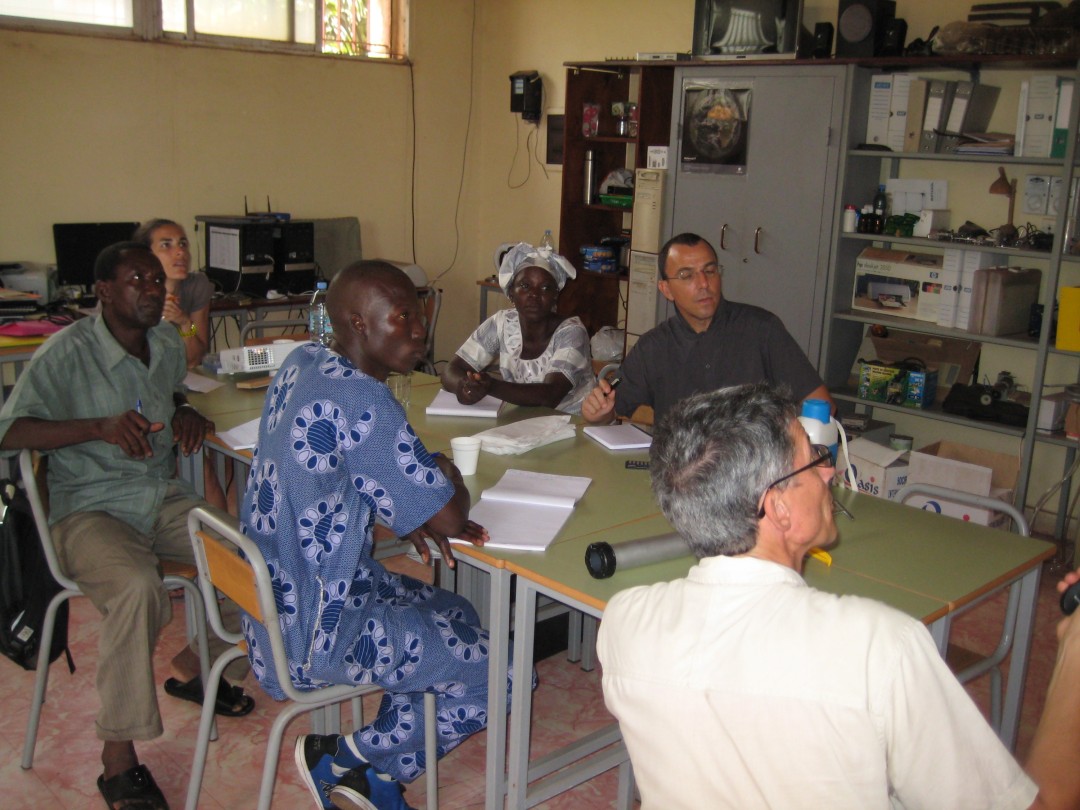Combatting malnutrition
The project aimed to improve food security and reduce poverty by creating a centre for agricultural diversity 20km from Bamako. The facilities intended to produce food supplements, such as spirulina (a highly nutritious micro-algae), to enable 3,000 children at risk of malnutrition to improve their nutrition. Together, the facilities were to form a training and research centre that could be replicated at other sites.
Political unrest in Mali in 2012 and 2013 delayed the project. In 2014, spirulina production (team and equipment) was fully functional. The project encountered some difficulty with its sale and marketing, but nevertheless succeeded in distributing it on a humanitarian basis, creating a local economic activity and obtaining the Product Marketing Authorisation for the spirulina thanks to its excellent quality. 40 beehives and 23 smaller hives were installed and produced honey of high quality. This ensured a high sale price (7,5 €/kg) and a good margin. The farm was managed by the “Centre Père Michel” and was expected to reach financial sustainability in 2017.
Antenna Technologies France is a French association that focuses on developing local and sustainable solutions to cover the basic needs of the most disadvantaged members of the population.
News
Type
HealthDuration
December 2010 – December 2015Location
Bamako / MaliWith whom
Antenna Technologies France
Website

Mali
Population
18.5 million (2017)
Per Capita Income
USD 770/year (2017)
Poverty rate *
41% (2009)
Literacy rate
33% (2016)
Human Development Index
182nd out of 189 countries (2018)
Mali has experienced conflict on a regular basis since its independence in 1960. The military coup in March 2012 triggered a political and security crisis and although peace negotiations were concluded in 2015, the situation remains volatile, preventing large-scale return of those who fled the country or are internally displaced. Fragile security in the northern regions is hampering economic recovery. The crisis has worsened the human development outlook; chronic food insecurity is affecting 25% of families. One in three children under-five suffers from stunting. Drought and conflict have increased the extreme poverty rate, rising from 48% in 2011 to 50% in 2013.
Sources: World Food Program, UNICEF, World Bank, 2016 Human Development Report, Human Development Indices and Indicators (2018 Statistical Update)
*The percentage of the population living below the national poverty line.